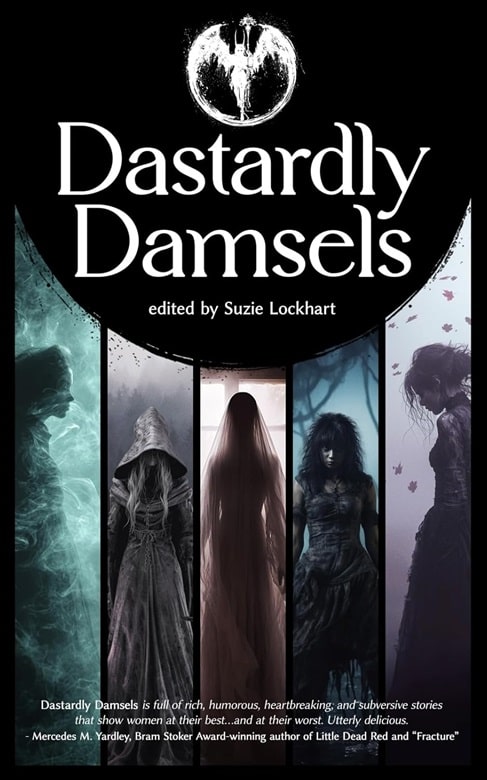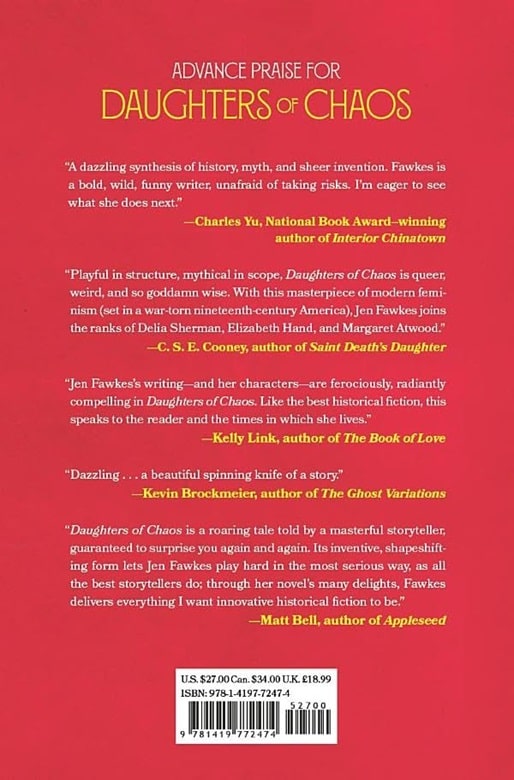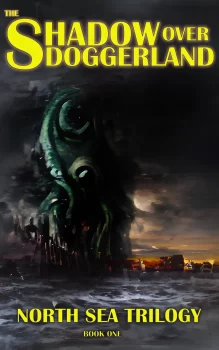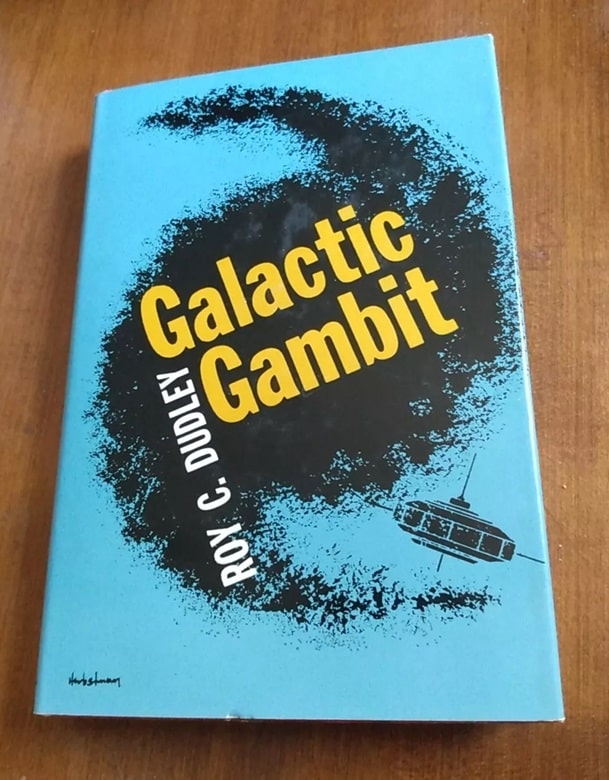A to Z Reviews: “The Curious Child & the Covetous Dragon,” by Sara L. Uckelman
 Over the past several years, I’ve embarked on a series of year-long review cycles at Black Gate. In 2018, I reviewed a story-a-day to coincide with an author whose birthday it was. In 2022, I selected stories completely at random from my collection to review. In both of those cases, the projects served to find forgotten and minor works of science fiction that spanned a range of years. They also served to make me read stories and authors who I haven’t read before, even if they were in my collection.
Over the past several years, I’ve embarked on a series of year-long review cycles at Black Gate. In 2018, I reviewed a story-a-day to coincide with an author whose birthday it was. In 2022, I selected stories completely at random from my collection to review. In both of those cases, the projects served to find forgotten and minor works of science fiction that spanned a range of years. They also served to make me read stories and authors who I haven’t read before, even if they were in my collection.
For this year’s project, I’ve compiled a list of all the stories and novels in my collection. I then identified the first and last works for each letter of the alphabet and over the next twelve months, I’ll be looking at those works of fiction, starting with Vance Aandahl’s “Bad Luck” and ending with David Lee Zweifler’s “Wasted Potential.” Looking at the 52 works (two for each letter), I find that I’ve only reviewed one of the works previously. Interestingly, given the random nature of the works, only three novels made the list, while four anthologies have multiple stories on the list. The works range in publication date from 1911’s “The Hump,” by Fernan Caballero to Zweifler’s story from last year.
The first story in my collection by an author whose name begins with an U is Sara L. Uckelman’s “The Curious Child & the Covetous Dragon,” which is the second story in this series to originally appear in Wyrms, edited by Eric Fomley. Wyrms is a collection of drabbles, a literary format of exactly 100 words. In the interest of transparency, I’ll note my story “Best Policy” also appears in Wyrms. Finally, the last word of this sentence (including the introductory paragraphs) is the 300th word of this article.




